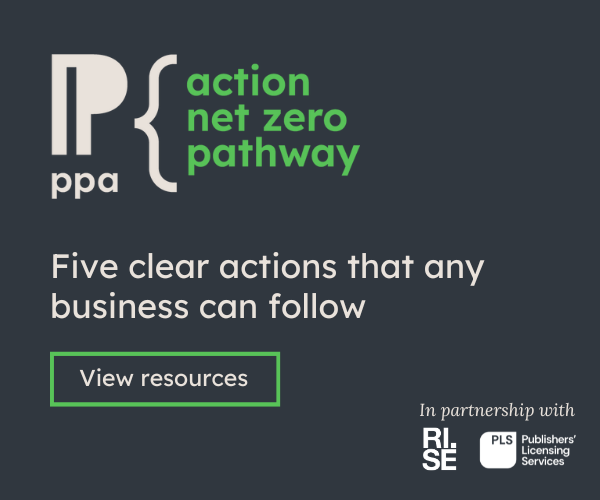You’re the Liberal Democrat spokesperson for Culture, Media and Sport in the House of Commons, can you tell us about your key focus areas at the moment?
It’s a very wide brief – and a very stimulating brief too. Much of my recent work has been focused on the challenges to the creative industries posed by AI. I’ve worked as a tag-team with my colleague Victoria Collins on the Data Bill and we’ll continue to press the government for a long-term solution that protects creatives.
I’m also pushing the government to do more to improve public health by supporting sports and physical activity, as well as fighting the corner of touring artists who have been given a raw deal by Brexit.
You’ve recently been the subject of online misinformation thanks to a deepfake. For anyone who missed it, can you tell us what happened and what concerns you have about this emerging technology?
This was a very serious incident. People familiar with the House of Commons will be aware that the microphones pick up comments of those sitting behind a member making a verbal contribution. Comments I made when sitting behind Nigel Farage were manipulated using AI to create the illusion I had used a four-letter expletive to describe him.
The video was posted by a Reform UK social media account. The video was seen by more than 100,000 people before it was taken down after I raised a point of order in Parliament. I reported the incident to X and received no reply. In fact, there wasn’t even an option to report content as having been manipulated by AI.
The consequence of the manipulated post was that I received a deluge of abuse and some threatening posts. My team had to deal with this. Political parties shouldn’t use misinformation in campaigns. In its actions, Reform has shown it isn’t ready for the responsibilities of power.
You supported the amendments tabled by Baroness Kidron to the data bill, why are these so crucial?
Because the creative industries are vital not just for our cultural life but for our economy too. If creators’ IP is not protected, the economic imperative to produce creative content will over time be deleted.
AI is already transforming the way we work and the way we enjoy arts and culture. Indeed, creatives are embracing it. But if the unique elements of the arts and culture created by humans are removed, we will all be poorer. When I say ‘poorer’, I mean literally, as well as culturally.
The creative industries generate in excess of £120billion for the UK economy annually. It’s also worth noting that the creative industries are using technology and AI. Anyone who seeks to portray creatives as luddite completely misunderstands the issue. This is fundamentally about fairness.
Trusted editorial brands need their copyright to be protected from AI, to ensure the sustainability of their business models. Are you pushing for regulations that will defend the rights of publishing businesses?
Yes. We’ve pushed this at the second reading, public bill committee of the Data Bill and we will continue to do so. As a former journalist and communications professional, I understand why this is such an important battle for the industry. It’s one I’m committed to fighting.
Can the government balance AI innovation with upholding the UK’s gold standard copyright laws?
With technological change comes challenge. The task of government in this area is to ensure that the legal system works, that it protects those who need protection and that it generates prosperity. Those principles must stand even in the face of the rapid change and international competition we are experiencing. I’m sure the government can do it – it must.
Before becoming an MP, you worked for your local paper. What made you pursue a career as a journalist?
The honest answer is that I was a bit directionless during and after my time at university. What I knew was that I was interested in the world around me and one of the talents I did have was in describing what was happening. Being trained as a journalist was transformative for me. I was a shy teenager and student, but the skills I learned as a reporter helped me grow as a person. If I didn’t embrace that process, I definitely wouldn’t have ever become an MP.





